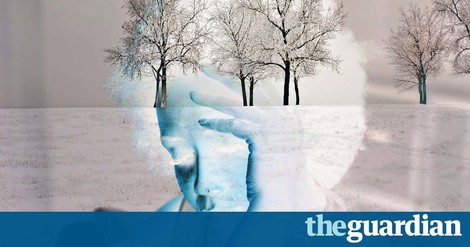Your podcast discovery platform
Curious minds select the most fascinating podcasts from around the world. Discover hand-piqd audio recommendations on your favorite topics.

piqer for: Health and Sanity Global finds
I was born in 1987 in Bucharest. I studied Psychology and Educational Sciences at the University of Bucharest. For two years I worked in a psychotherapy practice, dealing with gambling addicts. I'm an independent reporter, writing and doing video reportages mostly about social and political issues. I am currently based in Jena.
The Science Of Sad: Understanding The Causes Of ‘Winter Depression’
Are you also one of those people who oversleep, overeat, lose interest in the world and generally have trouble functioning normally when winter settles in? Well, science says that you didn’t turn into a lazy person overnight — as popular thinking goes — but that you’re actually suffering from a form of depression triggered by changes in seasons, which is called seasonal affective disorder or Sad.
Given that around 80% of the Sad-afflicted people are women, one theory that scientists use to explain this condition is related to evolution. “Ten thousand years ago, during the ice age, this biological tendency to slow down during the wintertime was useful, especially for women of reproductive age because pregnancy is very energy-intensive. But now we have a 24-hour society, we’re expected to be active all the time and it’s a nuisance."
Studies have shown that Sad messes up with the brain’s neurotransmitter systems responsible for motivation, energy and our circadian rhythms, with serotonin — the neurotransmitter that regulates anxiety, happiness and mood, or with the hormone melatonin — that controls our sleep and wake cycles and which is thought to be secreted at the wrong times of the day in Sad-sufferers' brains.
In terms of treatment, there is the bright-light therapy, which artificially stimulates the brain’s neurotransmitters, or antidepressants for more severe cases. Or, for those with milder symptoms who want to try a DIY-type of treatment, I guess a few hours of looking at the sky can’t hurt.
